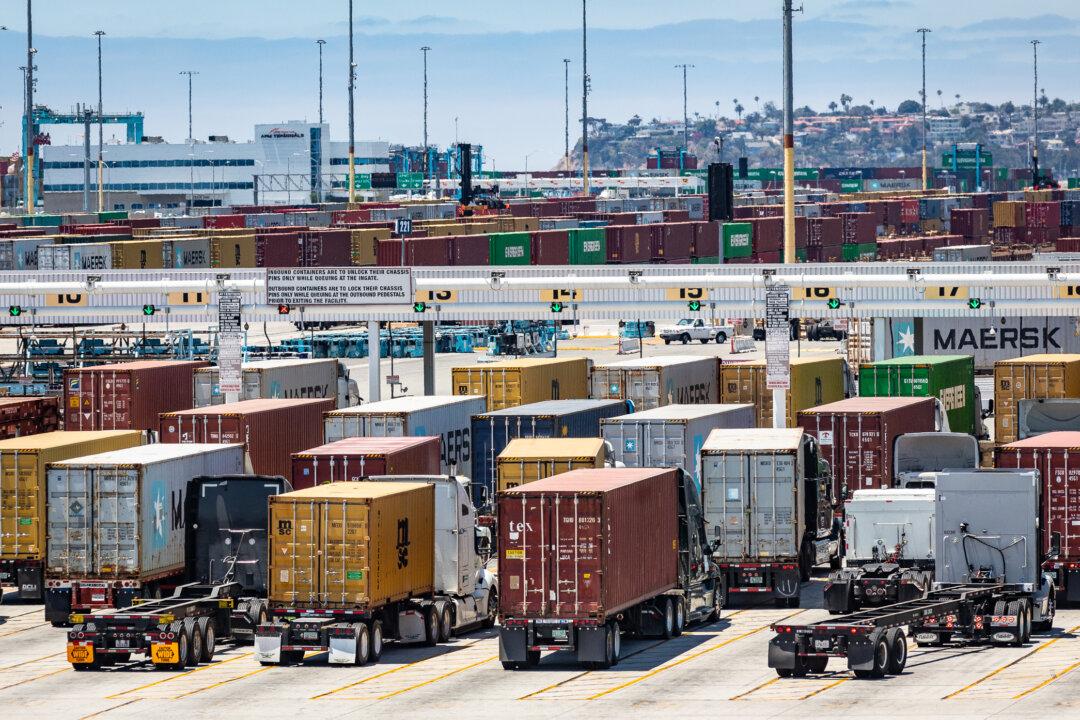With diesel prices remaining elevated, inflation is becoming that much harder to bring under control, placing more financial burden on American consumers.
Vehicles like trucks, tractors, trains, barges, and construction equipment—which are part of the commercial traffic—are mostly run on diesel. As such, the fuel is intricately linked to consumer inflation as their prices factor into the final cost of most products.





